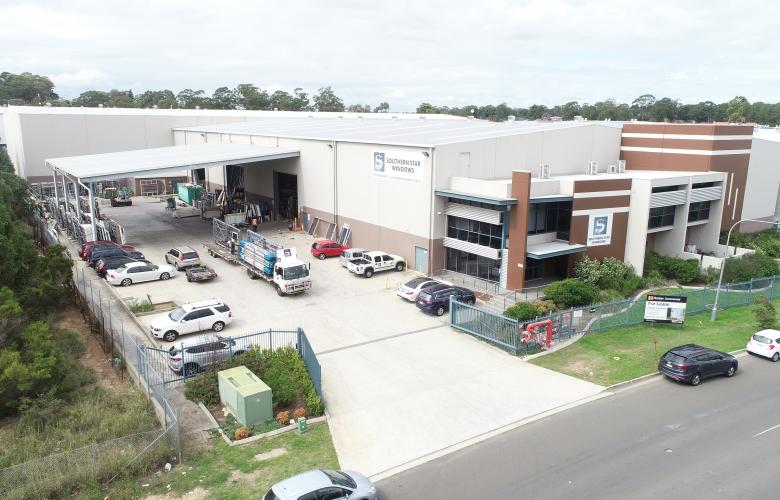Super-prime industrial yields reach record low - CBRE
Contact
Super-prime industrial yields reach record low - CBRE
Yields for super-prime Australian industrial assets have compressed to a record low, according to new data from CBRE.
New research showing yields for super-prime Australian industrial assets have compressed to a record low indicates continued investor interest in the sector, CBRE says.
The research firm's Q2 Industrial MarketView report highlights that Melbourne was the only market not to record yield compression across all categories of industrial assets in Q2, reflecting a lack of sales volume as opposed to demand.
According to the report, South Sydney recorded the tightest yields of any precinct in the country at 4.5 per cent for super-prime stock.
At a glance:
- CBRE's Q2 Industrial MarketView report highlights that Melbourne was the only market not to record yield compression across all categories of industrial assets in Q2 2019.
- According to the report, South Sydney recorded the tightest yields of any precinct in the country at 4.5 per cent for super-prime stock.
- On the investment front, $1.19 billion in stock changed hands in Q2 2019 - up 23 per cent when compared to Q1 2019 but 32.7 per cent lower y-o-y.
On a city-wide basis, Sydney super prime yields remain the sharpest in the country, averaging 4.75 per cent, followed by Melbourne at 5.00 per cent.
CBRE’s Head of Logistics Research Kate Bailey said strong demand from institutional and offshore investors seeking to increase their allocation to industrial and logistics assets was continuing to drive yield compression.
"A growing number of investors being priced out of Australia’s East Coast markets and is underpinning interest in areas such as Adelaide and Canberra from buyers seeking higher returns," she said.
CBRE’s MarketView report highlights that average industrial rent growth was stable in Q2 with super-prime net face rents increasing 0.7 per cent y-o-y, with Melbourne (5.5 per cent) recording the strongest growth.
Melbourne also recorded the highest growth in land values at 26.3 per cent over the past year for 1.6ha lots (to an average of $506/sqm).
On the investment front, $1.19 billion in stock changed hands in Q2 2019 - up 23 per cent when compared to Q1 2019 but 32.7 per cent lower y-o-y.
The largest transaction in Q2 2019 was a 50 per cent share of the Coles cold storage facility in Parkinson, Queensland for $134.2 million representing an initial yield of circa 5.75 per cent.
CBRE’s APAC Executive Director, Capital Markets – Industrial & Logistics, Chris O’Brien said the relatively limited availability of assets for sale was the primary reason for the softer transaction numbers.
“This reflects continued investor appetite for high quality assets with a strong lease covenant – a trend expected to continue in the second half of 2019 as investors look to increase their allocation towards industrial and logistics assets,"
"The fact that a cold storage facility was the largest transaction, further highlights the continued demand and appetite for the food sector within Australia."
Click here to view the full report.
Similar to this:
CBRE announces senior promotions within its Valuations and Advisory business
Hawley Products nails new spot in Sydney’s north-west
Ronis Variety Discount Stores secures new Wetherill Park distribution centre






